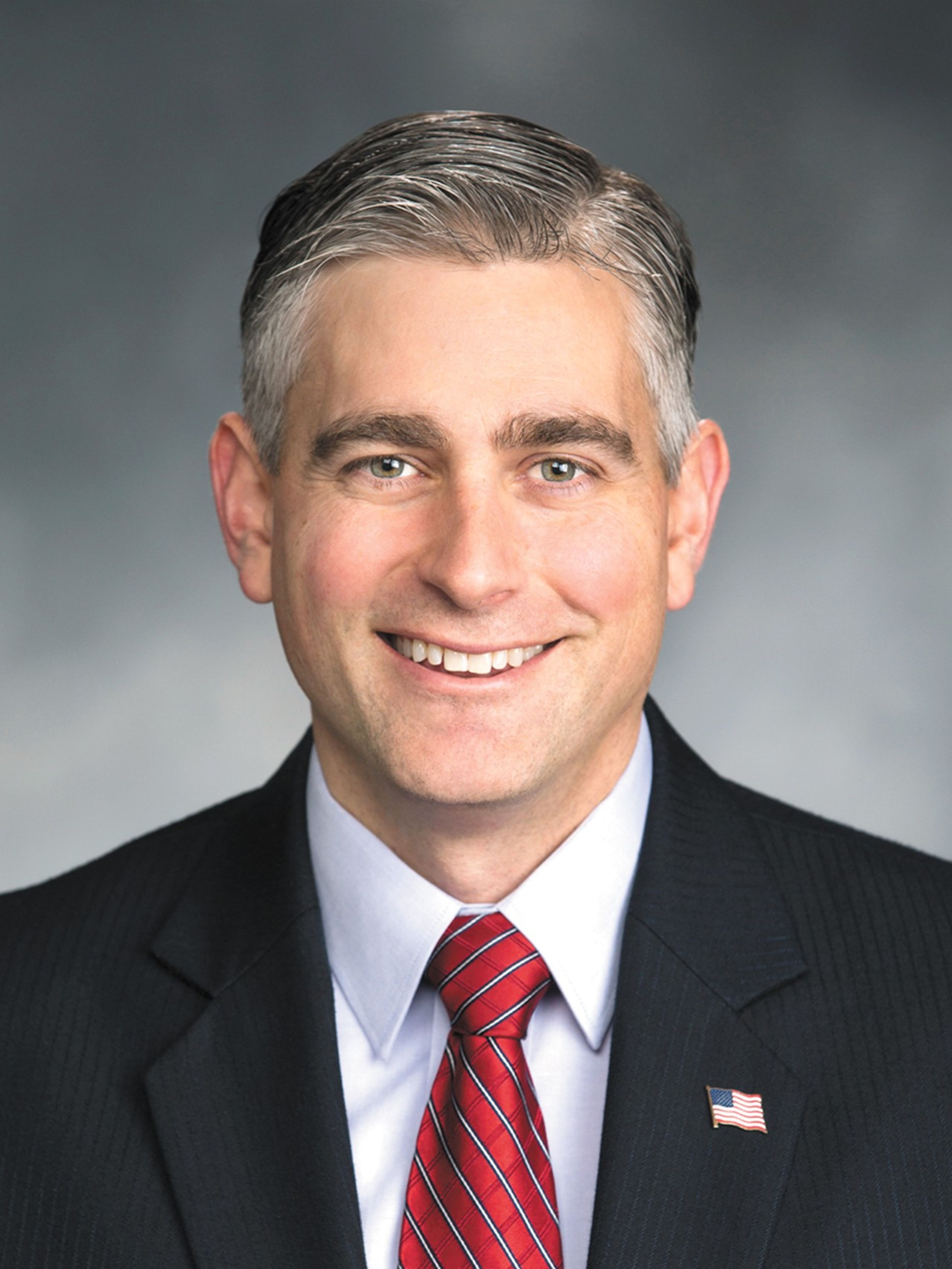One of the keys — and biggest challenges — for attracting businesses to rural areas of Washington and Idaho is the availability of high-speed internet and broadband, according to the directors of commerce departments in Washington and Idaho.
Lisa Brown, Washington Department of Commerce director, and Tom Kealey, Idaho Department of Commerce director, spoke Friday about the economies in their respective states during an Inland Northwest Partners conference at Banyan’s on the Ridge in Pullman.
“I see broadband as really a significant challenge to get right,” Brown said.
Part of the challenge, she said, is Federal Communications Commission maps showing the number of broadband providers available and overall coverage provided in the region is not adequate.
“We’ve got to understand what we have and what we don’t have in order to appropriately direct investment into that middle mile and last mile,” she said. “That’s always the most challenging piece of deploying communications or telecommunications technology.”
Washington is trying to help rural areas with this problem by establishing a statewide broadband office that would coordinate grants to governments and tribes for broadband infrastructure.
Washington 9th District Rep. Mary Dye, R-Pomeroy, told the Daily News in April that she and her colleagues in the House supported the legislation because it will increase competition in the internet service provider marketplace and bring better service to rural Washington.
In Idaho, Gov. Brad Little signed an executive order in May establishing the Idaho Broadband Task Force, Kealey said.
The 40-member task force this fall will bring to the governor recommendations on ways the state can improve connectivity and speeds across Idaho.
The task force will try to map existing services and gaps in broadband infrastructure, which Kealey said will paint a picture for what resources are needed in rural and urban areas.
“We want to map what we have, be able to measure what we have in terms of access as well as speeds and features and services and options,” he said.
Brown pitched another idea that may bring people and commerce to eastern Washington. In light of Microsoft and other corporations last year offering funding to build a high-speed railway from Vancouver, British Columbia, to Portland, Brown said she would like to see a similar railway that connects western Washington with eastern Washington.
“How fantastic that would be to connect our communities, to connect our students and families, and also as an opportunity for people to be able to leave the megalopolis and see what the options are in other parts of the state,” Brown said.
Brown and Kealey highlighted some positives in Washington and Idaho economies.
Washington’s overall economy is booming, with the highest GDP growth and 10th largest economy in the country.
“If we were a country, we’d be up there with Sweden or Belgium right now,” he said.
Kealey said Idaho is near the top of the rankings in several economic categories including first in travel dollars, third in the number of people moving to the state and fourth in job growth.
Anthony Kuipers can be reached at (208) 883-4640, or by email to akuipers@dnews.com.







